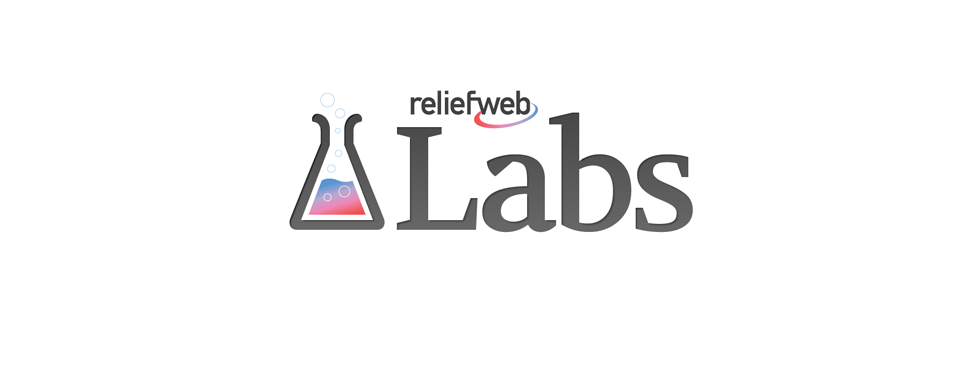
This past December in response to Typhoon Ruby, GDELT collaborated with Andrej Verity of the United Nations Office for the Coordination of Humanitarian Affairs (OCHA) and Patrick Meier to provide a realtime global situational awareness system tracking worldwide reports of humanitarian aid pertaining to the disaster to feed into the MicroMappers platform.
Based on the excitement generated by this pilot aid tracking system, we've been collaborating once again, this time to provide a standing realtime feed of all global news coverage monitored by GDELT across 65 languages that relates to any of the disasters currently being tracked through OCHA's ReliefWeb site.
Leveraging the fantastic work of ReliefWeb Labs, which provides a live API of all sudden-onset disasters that have been issued GLIDE numbers and are being tracked by OCHA at the moment, GDELT monitors the ReliefWeb API in realtime, maintaining a list of all "current" and "alert" disasters tracked by OCHA/ReliefWeb. It uses this list to create a realtime stream (updated every 15 minutes) that filters the GDELT 2.0 Global Knowledge Graph stream to provide a list of all global coverage seen by GDELT that pertains to one of the OCHA/ReliefWeb disasters.
Two files are produced every 15 minutes: one for MicroMappers Image Clicker that contains a list of news coverage with potentially relevant imagery about each disaster in CSV format, and one for the MicroMappers 3W platform that contains a JSON-formatted list of related coverage, with additional metadata fields, including a "who" list of development and humanitarian groups mentioned in each article and a "where" list of city-level locations in the article where the disaster is taking place.
The new JSON feed in particular can be used to instantly enrich any applications using the OCHA/ReliefWeb disaster API, offering live access to global coverage of each disaster in 65 languages as it is published. Just have your application check the "lastupdate.txt" file every 15 minutes and download the latest JSON file and scan the GLIDE numbers to find coverage related to the disasters you are tracking!
We're tremendously excited to see how this new feed can be used to help support global humanitarian response to OCHA/ReliefWeb-tracked disasters and we're especially inspired by the notion of providing specialized filtered feeds from GDELT of global coverage across 65 languages relating to ongoing humanitarian disasters or other situations. We've been hearing from many of you a lot of excitement around this idea and we're going to be exploring this further in the coming months, so stay tuned!
- Last 15 Minutes CSV+JSON File List. (Updated every 15 minutes).